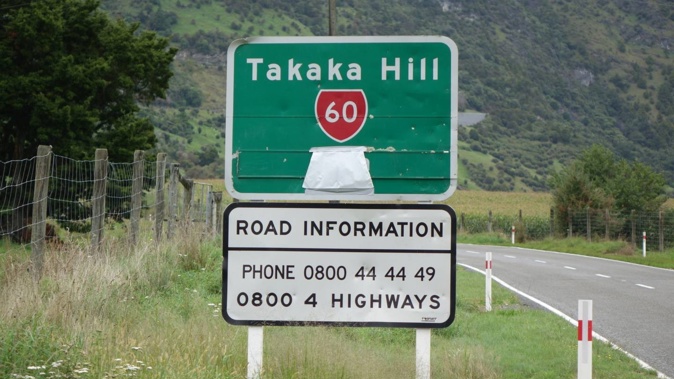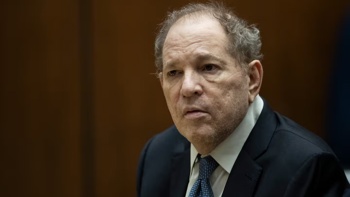

Kevin Stratford felled 30m trees within 7.5m of a state highway, without a traffic safety plan, because it was too expensive.
The operation could have had catastrophic consequences on those working in the forest, and anyone driving past, had a tree fallen.
Now the 71-year-old’s cost-cutting measures have landed him a fine of more than $50,000.
The Tasman logging contractor sat gruffly during sentencing in the Nelson District Court yesterday, bearing a record that included four prohibition notices and 28 improvement notices for unsafe tree felling practices, failing to notify WorkSafe of operations, workers having inadequate qualifications, and not having sufficient health and safety systems.
He was also convicted in 1998 for failing to ensure the safety of an employee.
Stratford’s record was a factor in the end fine of $56,000 on a WorkSafe charge he had earlier admitted to exposing individuals to the risk of harm or illness. The maximum penalty for the offence was $300,000.
In sentencing, Judge Jo Rielly condemned Stratford’s manner of operating as a dereliction at best, and at worst, it was deceitful, having put worker safety on the altar of profitability and public safety at risk on a busy highway.
“It was an informed dereliction of your obligation as a forestry contractor. You placed yourself, your son and any road user on State Highway 60 at significant risk from falling logs.”
Stratford had failed to put in place a traffic management plan or get consent for the use of the road during the felling operation beside State Highway 60 over Tākaka Hill between February and December 2021. He cited cost as the reason, to himself and the forestry owner — a friend whose trees he was logging.
The contract stated that Stratford and his son, who worked with him, would manage all operational health and safety requirements while a property co-owner was to monitor compliance.
WorkSafe was made aware of the operation in only August 2021 by a member of the public and experienced forester who was driving past. He notified WorkSafe and an inquiry began.
Stratford told the inspector that if he had stuck to the rule of not felling within two tree lengths of a road, the contract would be “unworkable”.
He was served with a prohibition notice in November 2021, banning him from working close to the road, and in February 2022 the Tasman District Council and Waka Kotahi NZ Transport Agency each confirmed no records existed for the operation.
An expert who inspected the stumps and found several serious and “extremely dangerous” deficiencies in the technique used to fell trees close to the road, described the level of risk as high.
Stratford’s lawyer, Gerard Praat, said he accepted he hadn’t followed industry guidelines and had instead relied upon his own risk assessment, which he’d done over the past four decades, but now accepted was wrong.
Praat argued against a fine and asked instead for a court-ordered enforceable undertaking (COEU) that would effectively remove Stratford from the industry, at least temporarily.
He argued if a fine were imposed it would force Stratford to continue logging trees to pay the penalty.
“A fine would do nothing to advance his appreciation of risk. He’s a man of modest means who works to supplement his pension,” Praat said.
Prosecutor Kitty Opetaia said WorkSafe opposed the request, calling it an ultimatum to the court.
“If we don’t accept what is being proposed, then he will continue to do the things that brought about this situation.
“The issue with a COEU — it sounds like a great idea but it’s impractical and there’s no long-term guarantee,” Opetaia said of the challenges presented in monitoring Stratford, who lived in a remote area of the Tasman district said to be outside communications coverage.
Judge Rielly was concerned he would not comply with an enforceable undertaking, and it was therefore not appropriate.
She said Stratford’s evidence in his affidavit demonstrated his disregard for rules and guidelines if it suited his ends.
It also showed his “inflated sense of ability” and “air of arrogance” in response to rules and regulations in place to protect people.
Tracy Neal is a Nelson-based Open Justice reporter at NZME. She was previously RNZ’s regional reporter in Nelson-Marlborough and has covered general news, including court and local government for the Nelson Mail.

Take your Radio, Podcasts and Music with you









